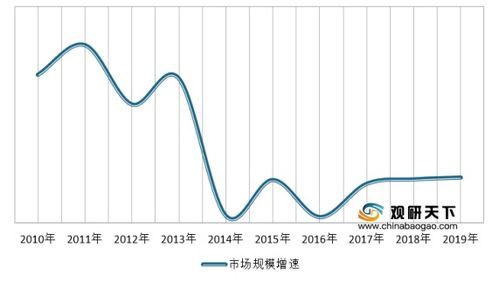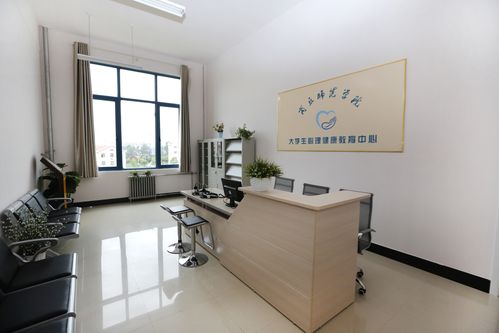海口早教
Title: The Importance of Early English Education in Haikou
In Haikou, like many other cities worldwide, the significance of early English education cannot be overstated. Early childhood is a critical period for language acquisition and development, and introducing English at a young age can yield numerous benefits. Let's explore the importance of early English education in Haikou and some effective strategies for implementing it.

1. Global Perspective and Communication Skills:
English is the lingua franca of the modern world, essential for international communication, trade, and collaboration. Providing early English education in Haikou equips children with a valuable tool for connecting with people globally. It lays the foundation for strong communication skills, fostering cultural understanding and opening doors to diverse opportunities in the future.
2. Cognitive Development:
Research suggests that learning a second language from an early age enhances cognitive abilities such as problemsolving, critical thinking, and multitasking. By engaging in English language activities, children in Haikou can develop sharper cognitive skills, which can benefit them across various academic disciplines and in their everyday lives.
3. Academic Advantage:
Introducing English in early education can give children in Haikou a competitive edge academically. Proficiency in English not only supports their performance in English language subjects but also aids comprehension and learning in other subjects taught in English, such as science and mathematics. This advantage becomes increasingly important as students progress through their academic journey.
4. Career Opportunities:
In today's globalized job market, proficiency in English is often a prerequisite for many careers, especially those in international business, tourism, technology, and academia. Early English education in Haikou lays the groundwork for future career success by providing children with the language skills they need to excel in a competitive professional environment.
5. Cultural Enrichment:
Learning English exposes children in Haikou to different cultures, customs, and perspectives from around the world. Through literature, music, films, and interactive activities, they can develop an appreciation for diversity and broaden their worldview. This cultural enrichment fosters empathy, tolerance, and respect for others, essential qualities in today's interconnected world.
Effective Strategies for Early English Education in Haikou:
1.
Interactive Learning:
Incorporate fun and engaging activities such as games, songs, storytelling, and roleplaying to make learning enjoyable and effective.2.
Multisensory Approach:
Utilize visual aids, audio materials, and handson experiences to cater to different learning styles and enhance comprehension.3.
Qualified Teachers:
Ensure that educators possess the necessary qualifications, including proficiency in English and expertise in early childhood education, to deliver highquality instruction.4.
Cultural Integration:
Integrate aspects of Englishspeaking cultures into the curriculum to provide context and enrich students' learning experiences.5.
Parental Involvement:
Encourage parental involvement through workshops, activities, and resources that support English learning at home and reinforce classroom lessons.In conclusion, early English education plays a vital role in the holistic development of children in Haikou, offering them numerous advantages both academically and personally. By implementing effective strategies and fostering a supportive learning environment, educators and parents can empower children to become confident, proficient English speakers equipped for success in an increasingly globalized world.











